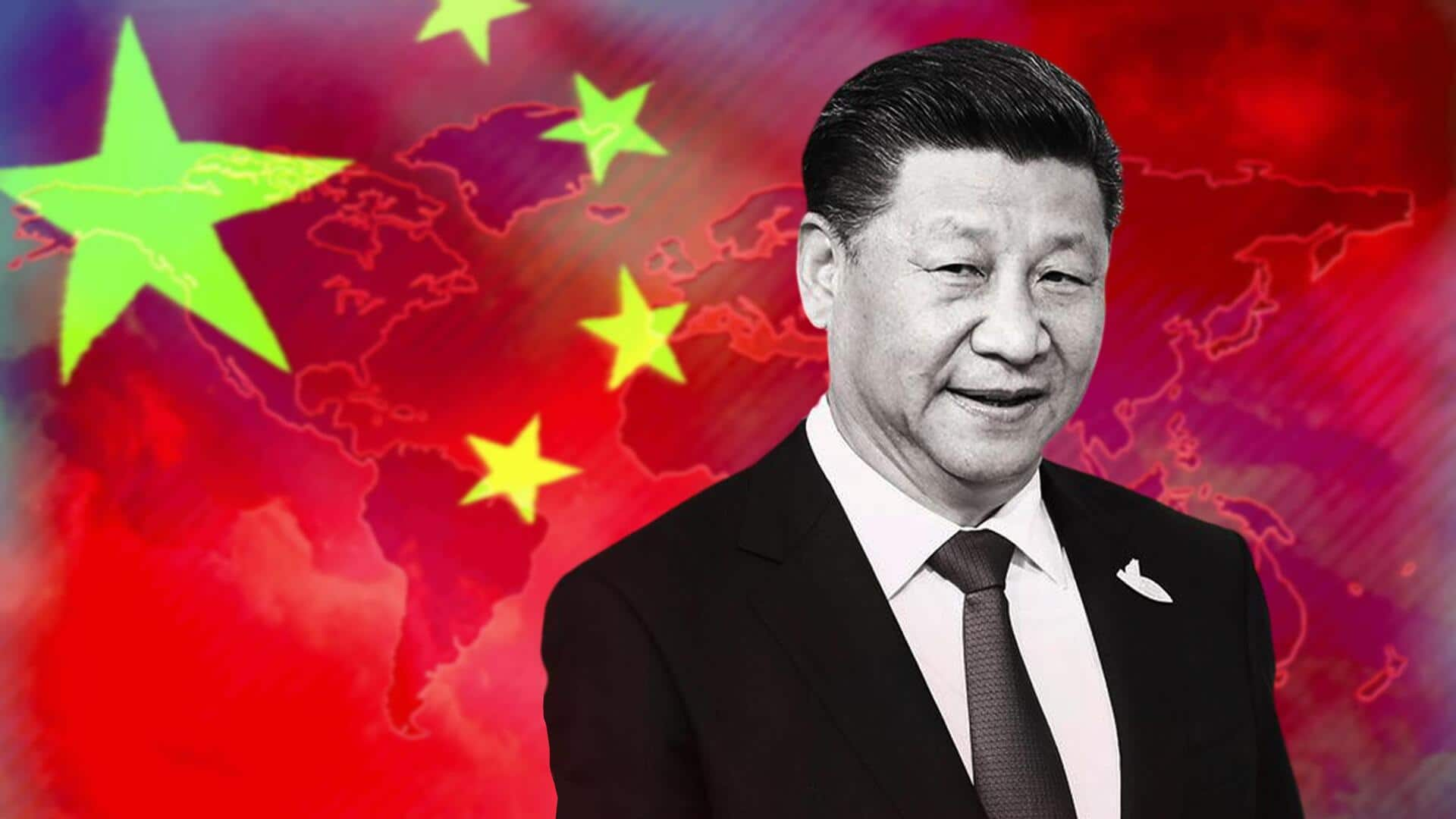
Explained: China's biggest annual political event, Two Sessions, begins
What's the story
China's biggest annual political event, the Two Sessions, began in Beijing on Monday.
Known as "Lianghui" in Chinese, the concurrent meetings will bring together thousands of delegates from across China for the 14th National People's Congress (NPC) and the 14th Chinese People's Political Consultative Conference (CPPCC).
Notably, during the Two Sessions, the legislators approve new laws, political appointments, and government work reports. There is seldom any debate, and all legislations are pre-approved by the Chinese Communist Party (CCP).
Political meeting
What do we know about CPPCC and NPC meetings?
The first session involves China's political advisory committee, the 2,000-member strong CPPCC.
While its members offer policy suggestions to lawmakers, these ideas often don't have much impact on national policy.
The real focus is on the NPC—China's legislature with nearly 3,000 members—which will meet on Tuesday at Beijing's Great Hall of the People.
Most of its members are from the CCP and decisions on most bills are already decided ahead of time.
Together, both sessions will run for two weeks.
China's development plans
Premier Li to present government work report
During the Two Sessions, Chinese Premier Li Qiang will share the annual Government Work Report (GWR), which outlines China's economic and social development plans for the upcoming year.
Experts are keeping an eye on support measures for China's struggling economy and a possible increase in defense spending.
Delegates will also set growth targets for 2024 after a reported GDP growth of 5.2% last year—the lowest in decades, excluding pandemic years.
Areas in focus
What are the key issues in focus?
This year's gathering will closely examine the economy, which has been hit by sluggish consumer activity and an ongoing property sector crisis.
Details on military spending will provide insight into China's confidence in current geopolitical conditions, especially with tensions across the Taiwan Strait and Russia's war in Ukraine entering its third year.
Observers will also pay close attention to any announcements regarding public resources allocated to technological sectors or major infrastructure development projects.
Background
NPC: China's 'rubber stamp' parliament
The NPC is often referred to as a "rubber stamp" parliament, as its main function is to formally approve premade decisions.
Its members represent the country's provinces, autonomous regions, big cities, the PLA, and the People's Armed Police.
The NPC also has delegates representing self-governing Taiwan, which is claimed by the CCP.
Interestingly, it can incorporate limited popular input on issues that are not considered too sensitive and have featured displays of dissent.